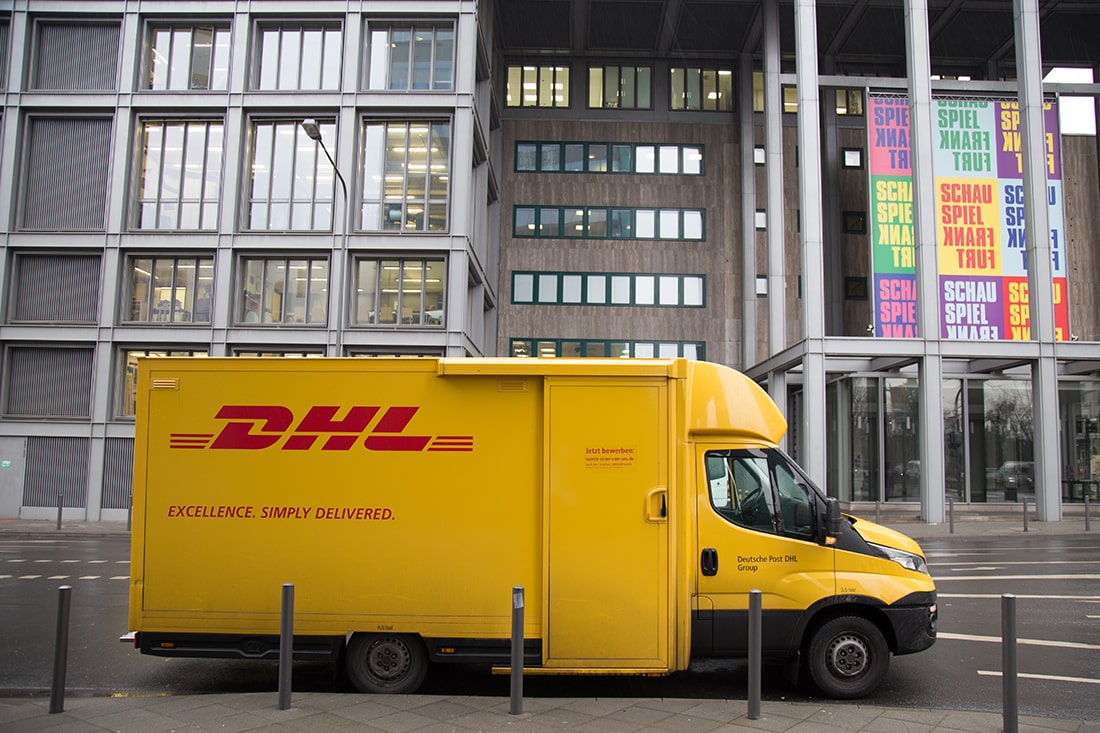Businesses are facing tough times, with many struggling to recover from the impact of the pandemic. Competition is fierce, there are staff shortages to deal with and customers are demanding value for money. It’s more important than ever for businesses to streamline operations and reduce costs.
Unfortunately, that’s easier said than done. Logistics costs significantly eat into the budget and hiring a freight delivery company will cost you. Now we also have the added concern of diesel prices constantly increasing.
It’s easy to point the finger at the Russia-Ukraine conflict as one debilitating factor, after all, Russia supplies enormous amounts of diesel. However, in truth, the price of diesel was already on the up before Putin’s army set one boot over the border to Ukraine.
The price of other oil, such as gasoline, has also increased, but not as much as the price of diesel. For instance, the price of retail gasoline has gone up around 26% since the start of 2022, but diesel prices have rocketed by 42.8%.

At the start of May, the Department of Energy / Energy Information Administration benchmark diesel price climbed to a record level. The figures speak for themselves, with weekly retail diesel prices rising 34.9 cents per gallon to $5.509 per gallon. The increase isn’t a one-off, the price of diesel has steadily gone up every week for the past nine weeks. Previously the highest recorded price stood at $5.25 per gallon, a figure recorded on 25th March.
Rewind to 2008 and the Department of Energy/ Energy Information Administration price hit $4.764 per gallon (due to the inflated price of crude oil at the time). This isn’t as high as the current $5.509 listed, but the inflation-adjusted price takes the $4.764 to a whopping $6.30 per gallon.
The Cost of Diesel Price Increases
When fuel prices increase the impact is far-reaching. Freight companies often boost prices in a bid to cover any losses, which means the shipper will inevitably pay more. With the shipper paying out more it only stands to reason that the costs will be passed on, therefore the receiver will be charged more too.

Typically, products requiring time-sensitive shipment e.g., refrigerated goods cost even more to ship too. With logistics costs on the rise companies are battling to find ways to save money when they can. Some are increasing stock levels on-site to remove the need for unnecessary transportation. Others are sourcing nearby suppliers and tapping into local markets in a bid to reduce transportation costs.
Combatting Rising Fuel Costs
Thankfully there are ways to combat the climbing price of fuel. You can start by taking a closer look at shipping costs, but be warned, in-house auditing can cost your business time and money. Instead, why not get a helping hand from a reputable freight auditing company such as Betachon?
Betachon monitors shipments to claim and obtain refunds on your behalf. The successful auditing recovery company carries out comprehensive FedEx, UPS and DHL audits on behalf of businesses from all industries.
